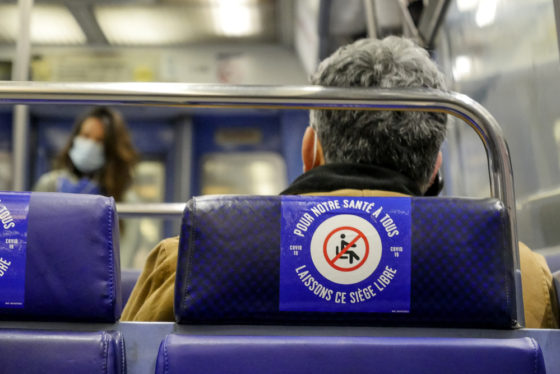As coronavirus cases rise, Paris, Madrid and Ibiza are added to Dutch ‘no go list’


The Netherlands has placed Paris, Ibiza, Madrid and Brussels on its code orange list of places where all but essential travel is advised against, because of the increase in coronavirus cases.
The French, Spanish and Belgian capitals have been added to the orange list, as have the Balearic islands (include Majorca and Ibiza), and the Spanish provinces of Burgos, Salamanca, Almeria and Navarra. The French Bouches-du-Rhone region, close to Aix en Provence and Marseille, is also out of bounds.
The ministry says all but essential travel to these places should be avoided and anyone returning to the Netherlands from one of them should go in to quarantine for 14 days.
Britain has also been added to the code orange list, but travellers will not have to quarantine on their return to the Netherlands. Travel advice to the UK has been tightened up as a warning, because the British have introduced quarantine requirements for people from the Netherlands, the foreign ministry said.
Dutch tour industry association ANVR said thousands of Dutch holidaymakers and others who live in the Netherlands will be affected by the decision to declare so many new areas code orange.
Travel agents will now try to get in touch with their customers, but many people are likely to want to continue their holiday anyway, a spokesman told broadcaster NOS.
Tour operator TUI has cancelled all holidays to the affected areas, NOS said.
Positive tests
In the last 24 hours, a further 655 people have tested positive for coronavirus in the Netherlands, taking the total over the past seven days to 4,508, broadcaster NOS said. In the previous week, there were 3,255 new cases.
Again, most new cases were in the Rotterdam and Amsterdam regions.
Thank you for donating to DutchNews.nl.
We could not provide the Dutch News service, and keep it free of charge, without the generous support of our readers. Your donations allow us to report on issues you tell us matter, and provide you with a summary of the most important Dutch news each day.
Make a donation